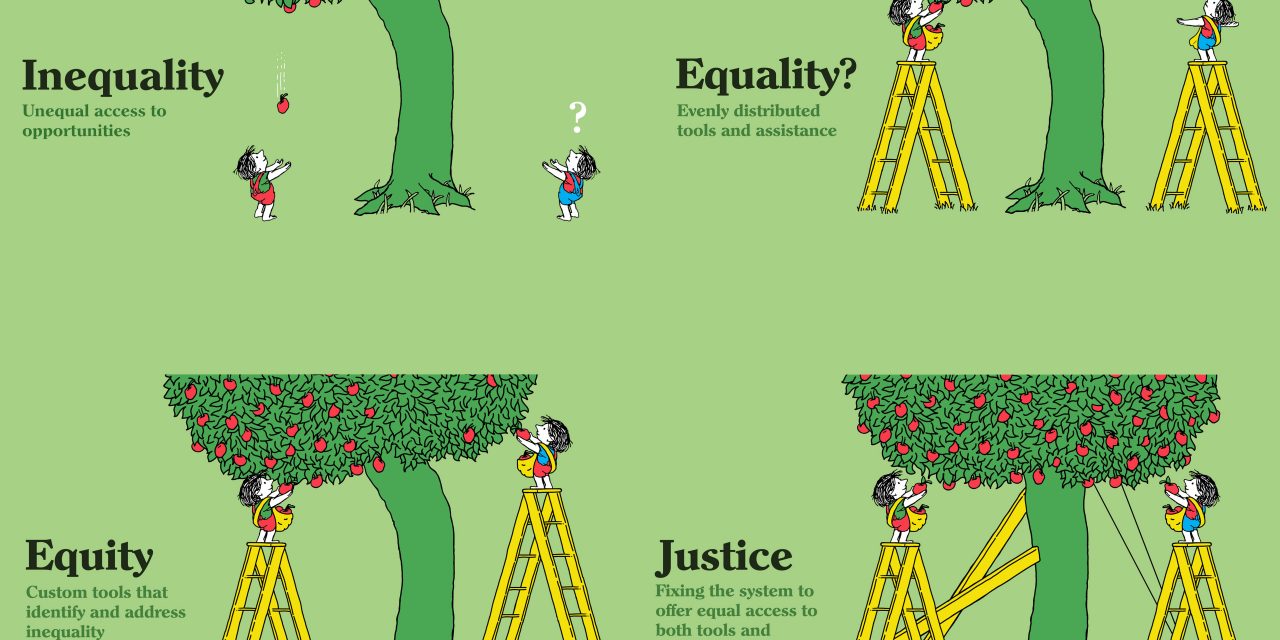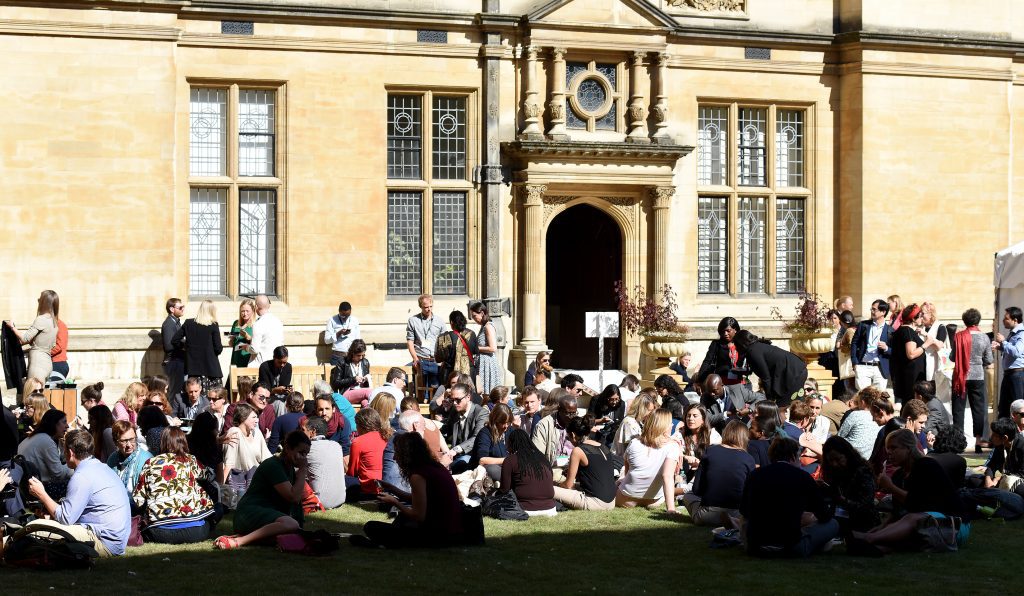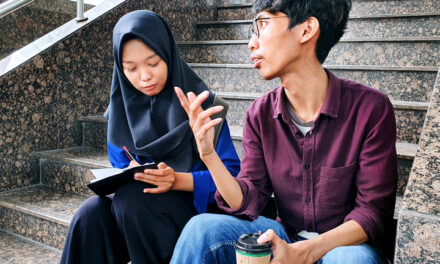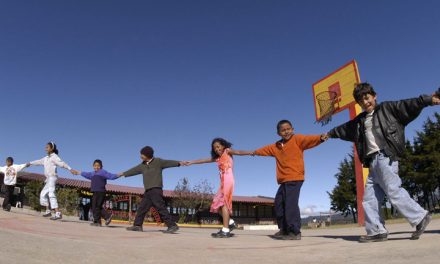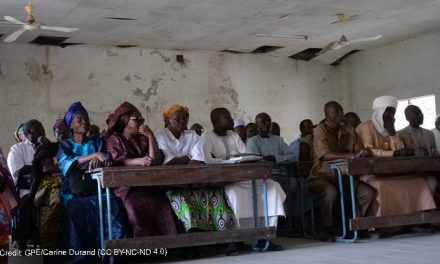This article summarises an interview with co-convenors of one of six 2021 UKFIET conference themes: Towards building back equitably. The co-convenors are Amy Parker, Portfolio Lead, Leave No Girl Behind, Girls’ Education Challenge; and Dawit Tibebu Tiruneh, Research Associate, REAL Centre at the University of Cambridge.
What excites you about your theme?
‘Leaving no-one behind’ and ‘reaching the most marginalised’ have long been mantras of the education sector and there has without doubt been some real progress. Covid-19 has thrown another huge challenge down; as we all know, in times of crisis, the most marginalised are always the hardest hit. As the world is picking up the pieces, we have a huge responsibility to ensure that families, communities, systems and countries look to build back equitably. This is an opportunity to address the multitude of barriers facing those struggling to gain a quality and relevant education. The sessions we have under our theme problematise a huge diversity of issues – and offer up learnings and potential solutions to build back equitably.
How does this link to the overall 2021 conference theme of Building Back Better in Education and Training?
Without focusing on solutions that work for everyone, without acknowledging that a differentiated approach is required to respond to a multitude of contexts and needs – and that these contexts and needs are continuously changing – there is no way to build back better. We need to ensure that education and training is relevant and responsive to all. This is a time to commit to the fair distribution of resources and knowledge and not to revert to reinforcing longstanding power lines.
What kind of sessions/ papers can we expect to find under your theme?
We have an exciting programme covering a multitude of themes and geographies. The opening and closing plenaries challenge us to reflect on how policy and practice can respond to learning inequality for the most marginalised. Led by the Global Monitoring Report and the International Journal of Educational Development, they provide a truly global view of the issues. We will have sessions focusing on different key marginalisation factors, including disability, gender, language and those effected by conflict and crisis.
How communities and other support networks can contribute to equitable solutions is an interesting theme we will be exploring, as well as different learning modalities aimed at providing flexible learning options, including accelerated, remote and informal education. The extent to which these have been able to reach the most marginalised in the light of global Covid-19 school closures will be a key theme, as well as the impact of isolation on those who have been confined to home for prolonged periods of time. We look forward to hearing from researchers, practitioners, academics and policy makers from the four corners of the world!

